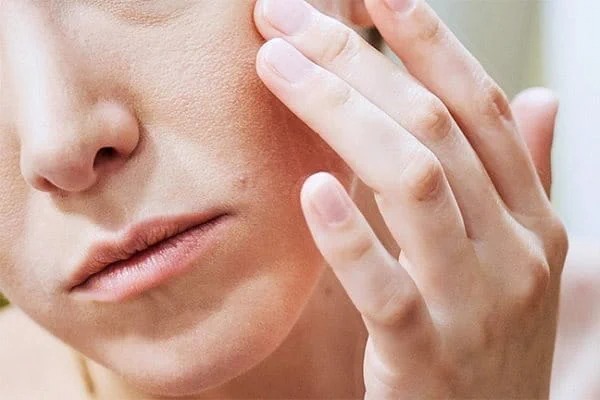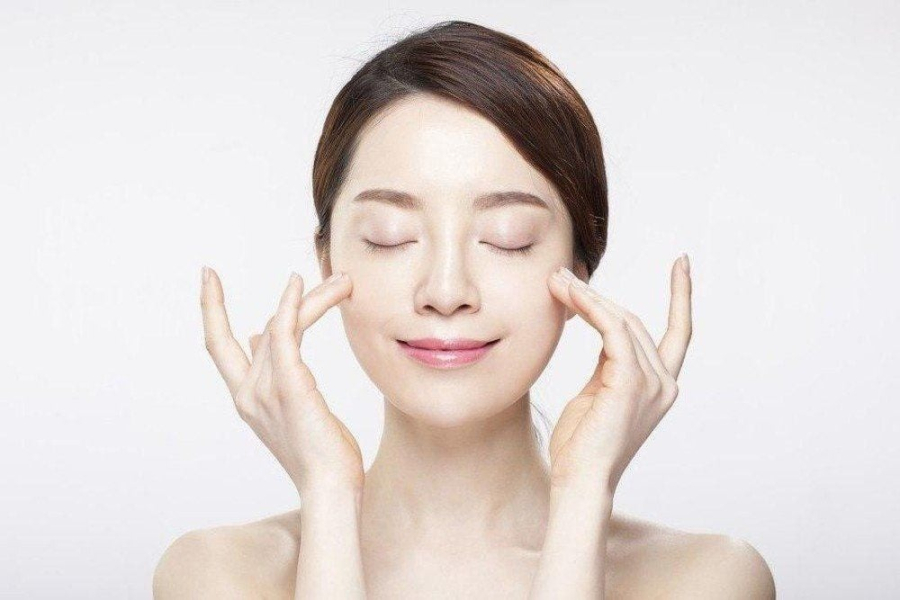Winter brings a host of challenges for your skin, from dry air to harsh winds and cold temperatures. It’s crucial to adopt a scientific and reasonable skincare routine during this season.
As the largest organ of the body, the skin serves multiple functions, including protection, temperature regulation, and sensory perception. It comprises three main layers: the epidermis, dermis, and hypodermis, each with its unique role. Individuals have different skin types, typically categorized as dry, oily, combination, sensitive, or normal. Understanding your skin type is key to choosing the right skincare products.
Each skin type demands a tailored approach and specific products. A scientific skincare routine encompasses essential steps such as cleansing, moisturizing, sun protection, and exfoliation. Consider factors like skin type, age, season, and environment when selecting methods and products. For instance, dry skin requires extra moisture, while oily skin needs a focus on oil control and thorough cleansing. While sun protection is a top priority in summer, moisturizing and softening the skin take center stage during winter.

Boost your skin’s hydration during winter. Illustrative image.
1. Cleanse, but not too much: Opt for gentle, non-irritating cleansers that won’t strip your skin’s natural barrier. Avoid harsh surfactants and highly alkaline products. Use lukewarm water to prevent skin damage and excessive moisture loss.
2. Moisturize, always: Choose moisturizers, lotions, or serums containing hyaluronic acid, glycerin, or seaweed extracts. Moisturizing masks can provide a quick boost of hydration and nutrients, so consider using them 2–3 times a week. Drink approximately 2,000 ml of water daily, adjusting based on your weight, activity level, and climate. Use a humidifier or place a bowl of water in your room to increase humidity and support skin hydration.
3. Sunscreen is a must: Even though winter sun may not feel as intense as summer rays, UV rays are still present and harmful. Choose a sunscreen with an appropriate SPF, and apply it 15–30 minutes before stepping out. Combine with physical sun protection measures such as wearing a hat and sunglasses to reduce UV exposure.

4. Exfoliate, but not too often: Winter slows down cell metabolism, leading to a buildup of dead skin cells. However, these cells provide a protective barrier, so over-exfoliation is not recommended. Aim for 1–2 sessions per week, preferably in the evening, to enhance product absorption. Massage gently when exfoliating, and avoid using highly irritating products afterward.
5. Stay warm, stay safe: Limit prolonged exposure of your skin to cold environments. Dress warmly, and use scarves, gloves, and hats to protect your skin. Opt for skincare products with anti-cold ingredients to boost your skin’s resilience to low temperatures. Include vitamin-rich and omega-3-rich foods in your winter diet, such as seeds, fish, broccoli, carrots, and kiwis. These foods enhance blood circulation, provide antioxidants, reduce skin inflammation, and improve moisture retention.
Don’t underestimate the power of a good night’s sleep for healthy skin. Lack of sleep negatively affects blood circulation and skin regeneration. Your skin changes over time, influenced by your environment and lifestyle choices. Therefore, periodically evaluate and adjust your skincare routine. Observe and document skin changes to make informed decisions about products and methods, ultimately achieving your scientific skincare goals.
4 Winter Bathing Habits That May Harm Your Health
Taking a bath offers a plethora of benefits beyond just cleansing the body and revitalizing tired muscles. It is a therapeutic ritual that relaxes sore muscles, soothes the mind, and enhances overall well-being. A warm bath can work wonders for your sleep quality and skin metabolism. However, during winter, one must be cautious of certain bathing habits that can lead to adverse effects on the body.



































